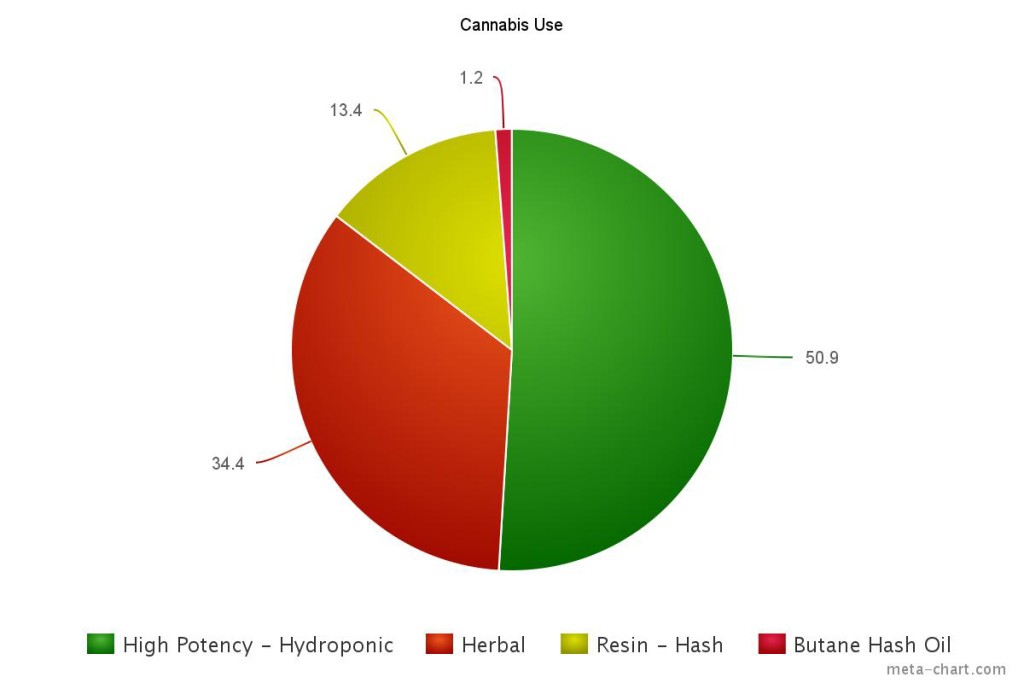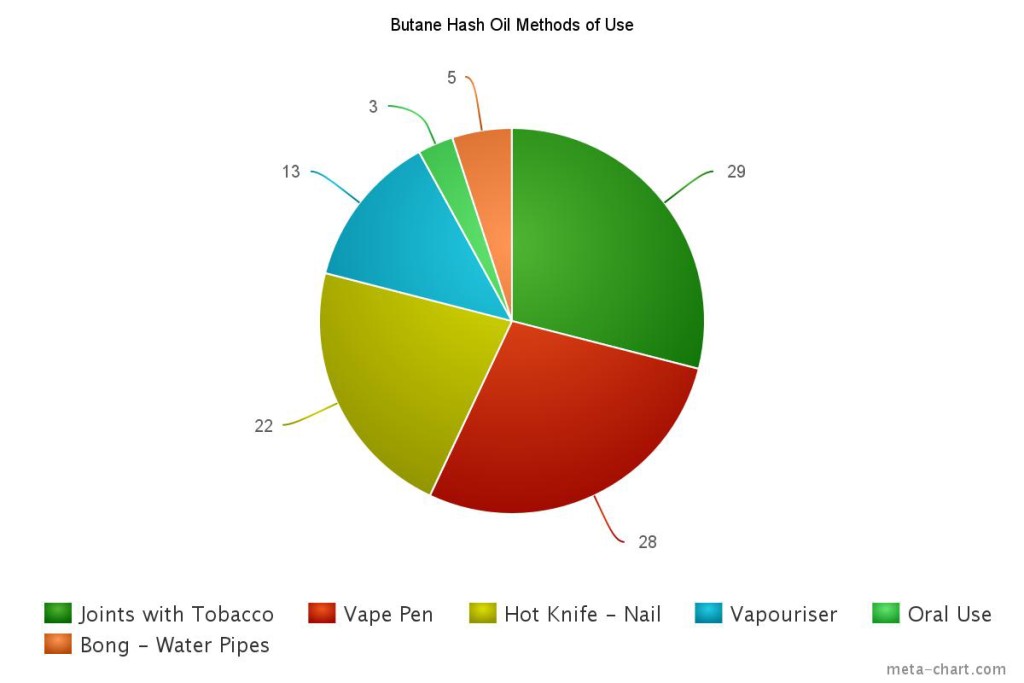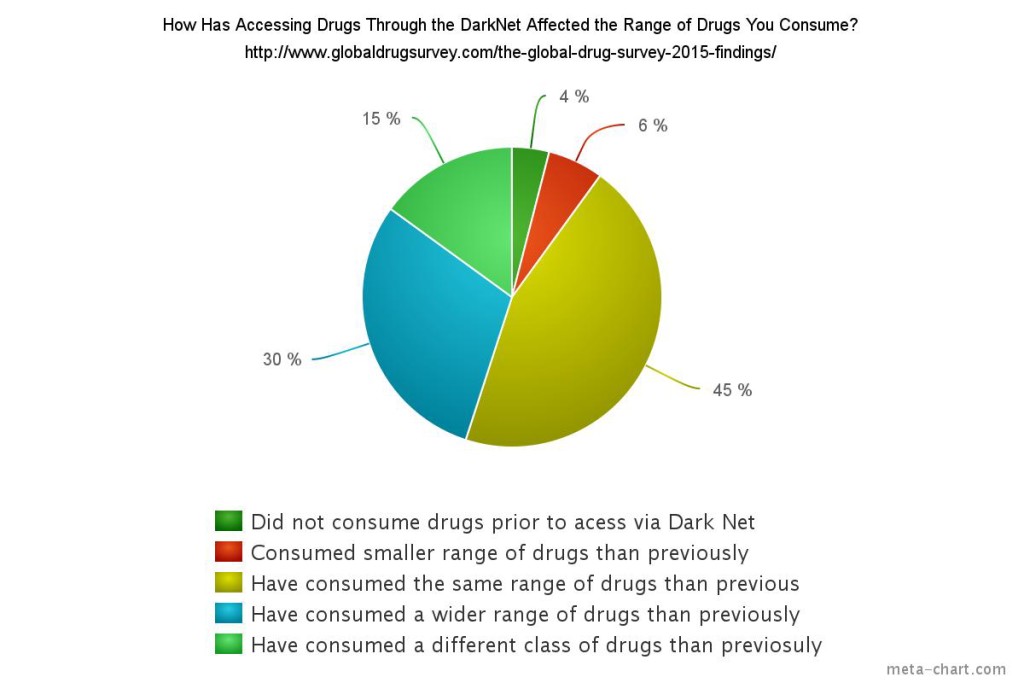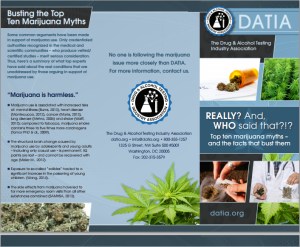The Global Drug Survey 2015 findings
Wish you had time to survey 100,000 people about their drug use preferences? Well, that’s just what Dr. Adam R Winstock, Founder Director GDS was able to accomplish in November-December 2014. In total, 100,000 people spent 7.5 years worth of time providing information. As usual, we’ve read through their report and have summarized information that has relevancy to the drug free workplace.
Some highlights/takeaways…
CANNABIS:
- People are not smoking the “weed of the 70’s” They are overwhelmingly ingesting high potency marijuana.
BUTANE HASH OIL METHODS OF USE:
- The majority of people are smoking or vaping has oil (super potent THC)
SYNTHETIC CANNABIS:
- 1 in 8 users who have ingested synthetic cannabis over 100X has had to seek emergency medical services (30x higher than traditional THC users).
- Addiction: 60% of those using synthetic cannabis 50+ times reported withdrawal symptoms
GENERAL DRUGS/ALCOHOL
- Globally 1.2% of all drug or alcohol users sought emergency medical treatment
COCAINE
- Most users (80%) of Cocaine use less than 10 times in the last 12 months.
POTENCY & PROBLEMS
- 1.2% of drinkers sought emergency medical services in the last 12 months
- 1.0% THC users sought emergency medical services in the last 12 months (further indication that high potency THC is prevalent)
MDMA
- There was a tripling in the number of people seeking emergency medical treatment between 2013 and 2015 (.03% to .09%). This is a possible indicator of the production of higher potency MDMA pills.
PRESCRIPTION MEDICATION
- US is the biggest consumer and abuser of prescriptions opioids in the world consuming 99% of the world’s production of oxycontin and hydrocodone
- Only 50% had been warned by their physician about the potential additive effects
OBTAINING ILLEGAL DRUGS (DARK NET)
- More and more, people are turning to the “Dark Net” to purchase illegal drugs. Although it exposes them to higher risk of losing money due to fraudulent transactions, it decreases their exposure to all the negative aspects of purchasing face-to-face (violence, being caught by police, revealing identity, etc.)
- 8% of U.S. drug users have purchased drugs via the Dark Net
- People who purchase through the Dark Net are experimenting with more substances
Got more time? Read in more detail here.
AtHandTraining.com provides awesome online training for DOT Supervisor reasonable suspicion training and for DOT employees for drug and alcohol awareness training.
Buy now and begin training in minutes!
Buy DOT Supervisor Course – $35
Buy DOT Employee Drug Awareness Course – $10
Buy DFWP Supervisor Course – $25




